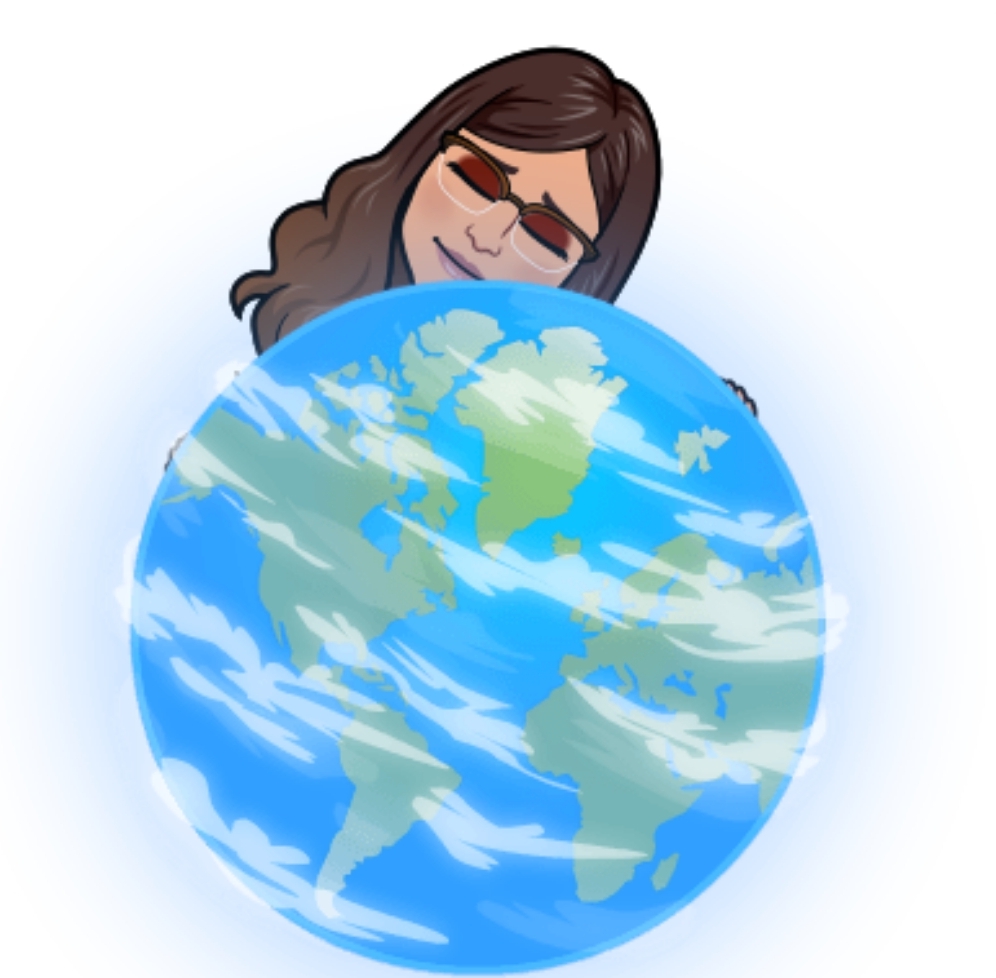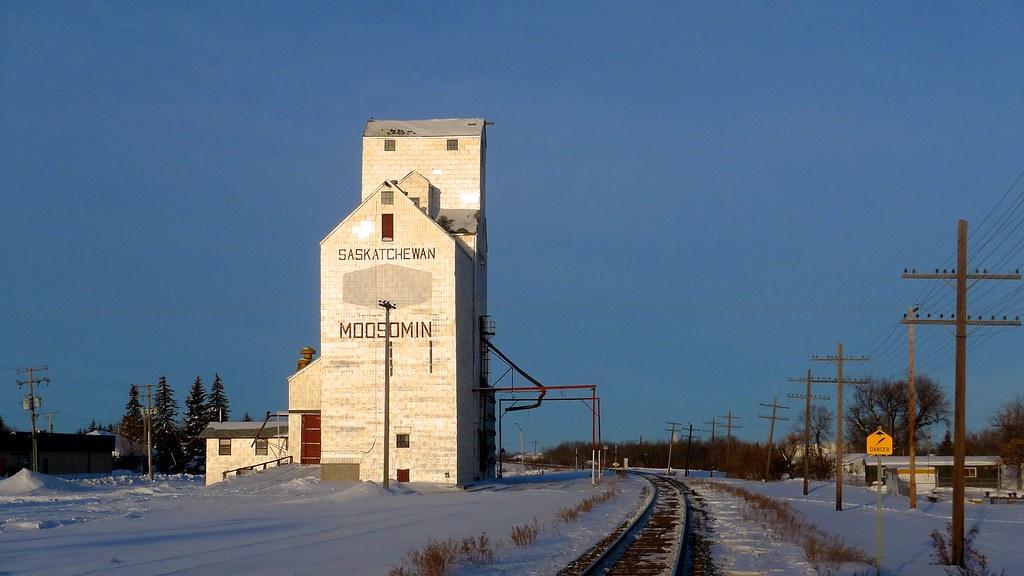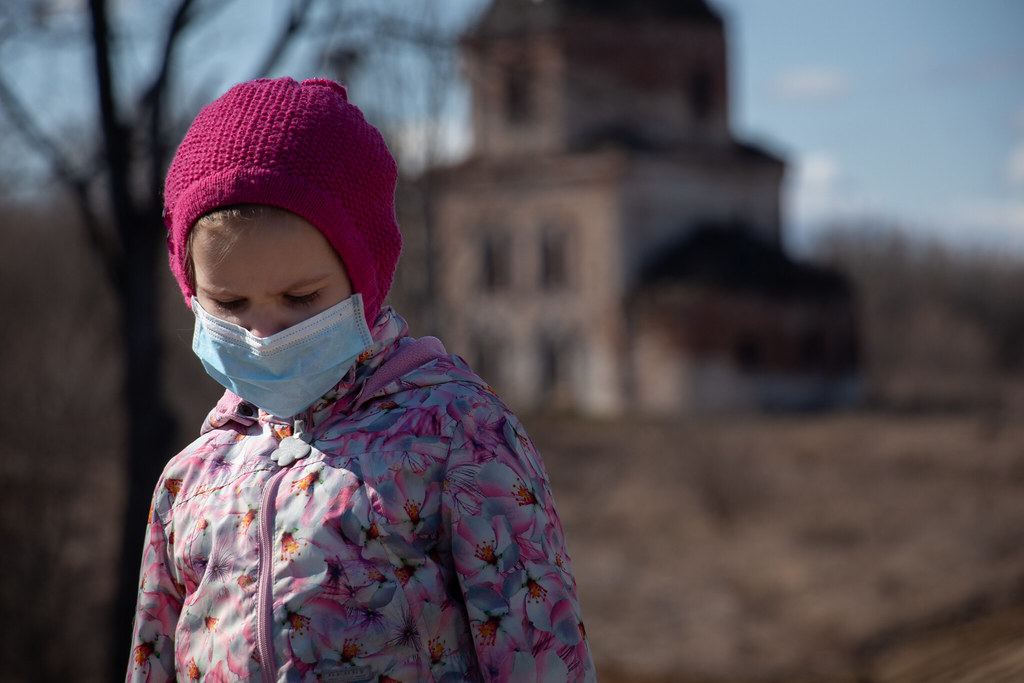Food Justice and Environmental Health: A Varied Perspective
Clean Water Access in Canada for Indigenous Communities

I knew that some Indigenous communities did not have access to clean water and other basic necessities that other Canadians do not consider to be a luxury. However, I did not know that Indigenous communities as far south as Shoal Lake 40 experienced this injustice as well. Prior to watching Vice Canada’s video on the waterless communities in Canada, I assumed that only far northern communities experienced this. I found Vice Canada’s video to be shocking considering how close the community could be to having clean water, and how hard they have had to fight for Freedom Road.
When talking about how basic resources are unevenly spread out across Canada, I originally thought that the reason for this was due to geography. Everyone knows that the northern part of Canada is extremely underdeveloped in comparison to the southern part. For this reason I assumed that some northern communities did not have access to clean water. However, now knowing about communities like Shoal Lake 40, I know that it is much more complicated.
I think that in order to combat this injustice, there needs to be more awareness spread. This is more a case of ensuring Canadians are educated on the details of the issue than anything else. To do my part in spreading awareness, I will be sharing Vice’s video on Twitter and I also intend to do more research on the issue.
Discussing Environmental Issues in Saskatchewan
From my experience, discussing environmental issues in Saskatchewan is a sensitive topic. I come from a conservative white family, as a result I have learned that my opinions on environmental issues and social justice are best left unsaid when spending time with my family and many other people in Saskatchewan.

In Simon Enoch’s and Emily Eaton’s article, they discuss how teachers are sometimes viewed as radical ‘leftwingests’ by conservative parents in Saskatchewan. I think that this is both true and unfortunate. Recently in my EDTC 300 class, a teacher that is also in the class talked about how she feels as if she is walking a fine line between teaching her students about social issues and not upsetting parents. It is upsetting to me to know that it is a struggle to educate students on the importance of social movements and change because of Saskatchewan culture.
I think that as newer generations age the anti-social change culture in Saskatchewan will diminish as newer generations seem to feel more favorable towards change and that education will play a large part in this.
Saskatchewan’s View of Food Production

I think that it is important for students to understand how food is produced, especially in Saskatchewan as we are very reliant on agriculture. In Karen McIver’s article “Learning for, about, and with food”, they discuss how Saskatchewan curriculum is turning toward developing connections with food through understanding both the production and consumption of food. I think that including this in Saskatchewan curriculum is critical to changing the way in which we view food. I believe that if students are able to develop a connection to food, food sustainability will become a greater point of interest in Saskatchewan.
COVID-19 VS Education
In The American Scholar’s interview with Rob Wallace, Wallace discusses how as humans invade more new environments, humans will be exposed to more pathogens that we do not have immunity for and therefore, more pandemics. The same issue is also discussed in Alanna Shaikh’s TED Talk about COVID-19. In Shaikh’s TED Talk she discusses how in the future we will have to get better at dealing with new epidemics/pandemics. I think that this is an important point to discuss in regards to education because of how massive the impact COVID-19 has had on education.

Due to the pandemic, students and teachers have been put under a lot of stress when rapidly transitioning to remote learning. If the world is to experience more pandemics or large epidemics, I think that it is important to consider how we can improve the transition to remote learning.